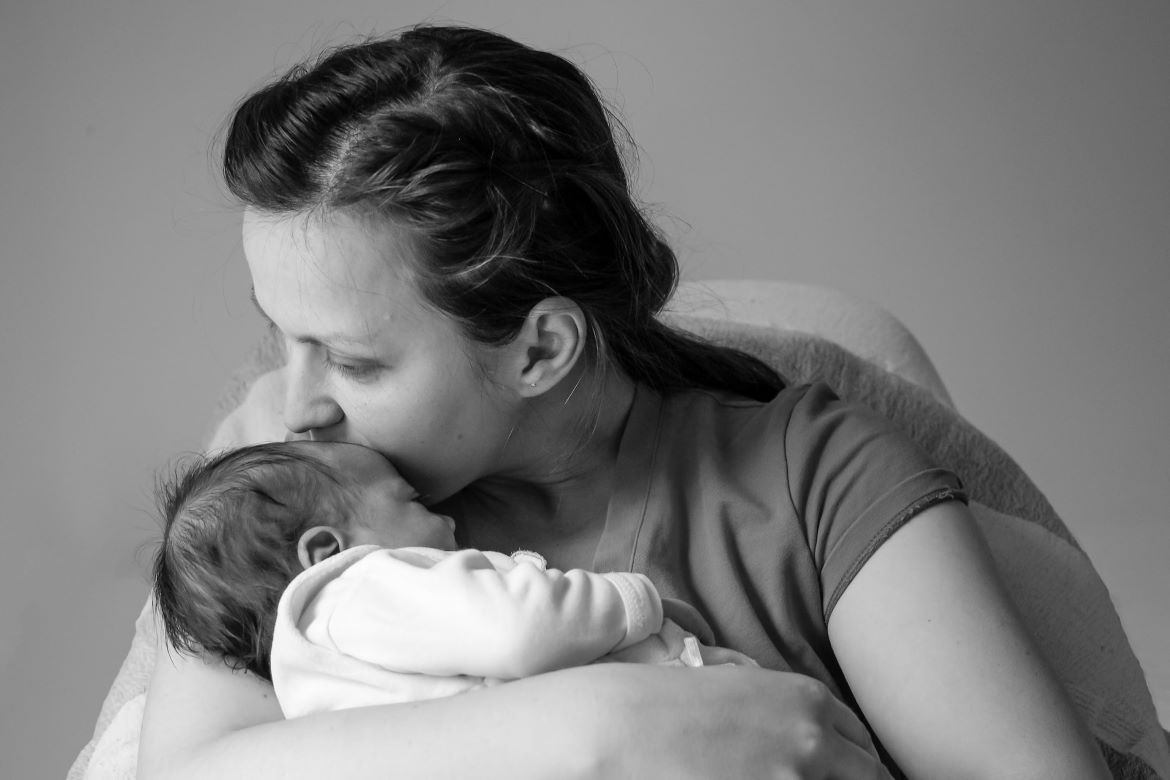By Philippa Scott
Becoming a new parent is a time of great joy and excitement, but it can also be a period of anxiety and stress.
Antenatal and postnatal anxiety, or perinatal anxiety, is a common experience that affects many new mothers and fathers and is not talked about as often as postnatal depression. It is characterised by excessive worry, fear and nervousness that can interfere with daily activities and sleep in the postpartum period.
Antenatal anxiety and postnatal or postpartum anxiety disorder can manifest in different ways and can include the following signs and symptoms:
- Constant worrying about the baby’s health and safety – Hypervigilance – Excessive fear or obsessive thoughts about harm coming to the baby
- Feeling on edge or irritable
- Difficulty sleeping, even when the baby is sleeping
- Racing thoughts or a sense of being overwhelmed
- Physical symptoms like heart palpitations, sweating or nausea
- Panic attacks
- Difficulty breastfeeding
- Avoiding social situations or isolating oneself
- Feeling disconnected from the baby
- Feeling inadequacy or guilt as a parent
- Loss of interest in activities once enjoyed
- Changes in appetite or weight
- Feeling hopeless or helpless
- Difficulty concentrating or making decisions
- Changes in mood, including depression or anger
- Increased use of alcohol or drugs as a coping mechanism
Postnatal anxiety, on the other hand, can persist for months or even years if left untreated. It can impact a new parent’s ability to bond with their child and enjoy this special time in their lives. It is noteworthy that postnatal anxiety should not be confused with the “baby blues” a prevalent condition that affects approximately 80% of new mothers within the first few weeks of giving birth. The baby blues typically involve emotional fluctuations, tearfulness and feelings of sadness, but these symptoms generally subside on their own within a few weeks. However, postnatal anxiety can linger for several months or even years if not addressed properly. It can impair a new parent’s capacity to develop a bond with their child and relish this unique period in their lives.
The baby blues typically involve emotional fluctuations, tearfulness and feelings of sadness, but these symptoms generally subside on their own within a few weeks.
Generalised anxiety disorder (GAD) is a risk factor for perinatal anxiety, including postnatal anxiety. Women with GAD have an increased risk of experiencing anxiety symptoms during pregnancy and after childbirth. Perinatal anxiety can have a negative impact on a mother’s mental health, as well as her relationship with her child and partner. It is important for women with GAD who are pregnant or planning to become pregnant to discuss their mental health with their healthcare provider and seek appropriate treatment and support.











